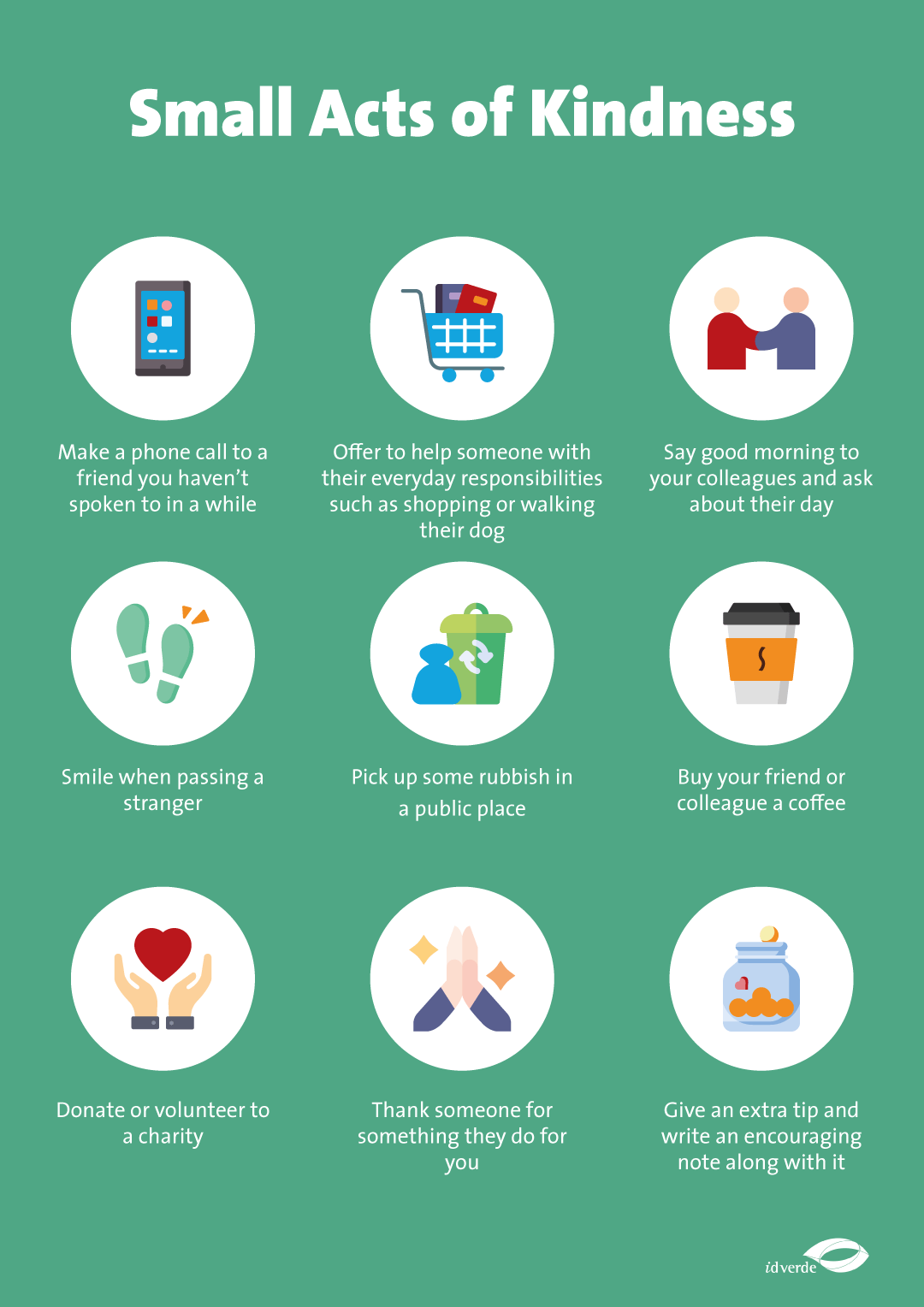The Happiness Equation: Unveiling the Science of Joy and Contentment
@jorgebscomm for @empowervmedia*
Have you ever wondered what truly makes us happy? For centuries, philosophers and thinkers have pondered the elusive concept of happiness. Today, science is shedding light on the factors that contribute to a joyful and fulfilling life. This article delves into the "happiness equation," exploring the research-backed ingredients that contribute to lasting well-being. By understanding these factors, we can cultivate a more positive outlook and create a happier, more meaningful life.
 |
| Science is shedding light on the factors that contribute to a joyful and fulfilling life. (📷 tuttalabellezzadelmondo) |
The Happiness Pie
Psychologists Ed Diener and Robert Biswas-Diener proposed the "happiness pie" model, which divides happiness into two main components:
• Subjective Well-being (Hedonic Happiness): This refers to the experience of positive emotions like joy, contentment, and satisfaction.
• Psychological Well-being (Eudaimonic Happiness): This focuses on living a meaningful and fulfilling life, aligned with one's values and purpose.
"Understanding the Dual Aspects of Wellbeing: Hedonic and Eudaimonic"
▶️ 2m56s
The Ingredients of Happiness
Research suggests that various factors contribute to both hedonic and eudaimonic happiness. Here's a breakdown of some key ingredients:
• Positive Emotions: Studies consistently show that cultivating positive emotions like gratitude, joy, and love is crucial for happiness. Practicing activities that bring you pleasure and focusing on the good things in life can increase positive emotions.
• Strong Relationships: Humans are social creatures, and strong connections with loved ones are essential for well-being. Nurturing meaningful relationships provides support, love, and a sense of belonging.
• Personal Growth: Continually learning, developing new skills, and striving for self-improvement fosters a sense of accomplishment and growth, contributing to happiness.
• Resilience: Life inevitably throws challenges our way. Developing resilience – the ability to bounce back from setbacks – is key to maintaining happiness in the face of adversity.
• Acts of Kindness: Helping others and performing acts of kindness can significantly boost happiness. Altruistic behaviour strengthens social bonds and fosters a sense of purpose.
 |
| (📷 airedalecharity) |
Beyond the Pie: Optimizing Your Happiness Equation
While the happiness pie provides a framework, happiness is not a one-size-fits-all equation. The relative importance of each ingredient will vary for each individual. Here are some tips for optimizing your own happiness equation:
• Identify your Values: What matters most to you in life? Understanding your core values helps you align your actions and pursuits with what brings you true fulfilment.
• Practice Self-Awareness: Pay attention to your thoughts, emotions, and behaviours. This self-awareness allows you to identify what contributes to your happiness and make changes accordingly.
• Set Meaningful Goals: Having goals that provide a sense of direction and purpose can significantly enhance well-being. Focus on setting goals that align with your values and long-term aspirations.
• Practice Mindfulness: Being present in the moment allows you to savour positive experiences and appreciate the beauty of life's simple joys. Techniques like meditation or mindfulness exercises can help cultivate this awareness.
• Prioritise Healthy Habits: Physical and mental well-being are intricately linked. Getting enough sleep, eating a healthy diet, and exercising regularly all contribute to a happier and healthier you.
 |
| Not a one-size-fits-all equation: you can optimise your happiness. (📷 thecitychurch) |
Happiness is not a destination, but rather a journey. By understanding the "happiness equation" and incorporating evidence-based practices into our lives, we can cultivate greater joy, contentment, and meaning. Remember, creating a happy and fulfilling life is an ongoing process. Be patient with yourself, celebrate your progress, and embrace the journey of becoming your happiest self.
*AI assisted


